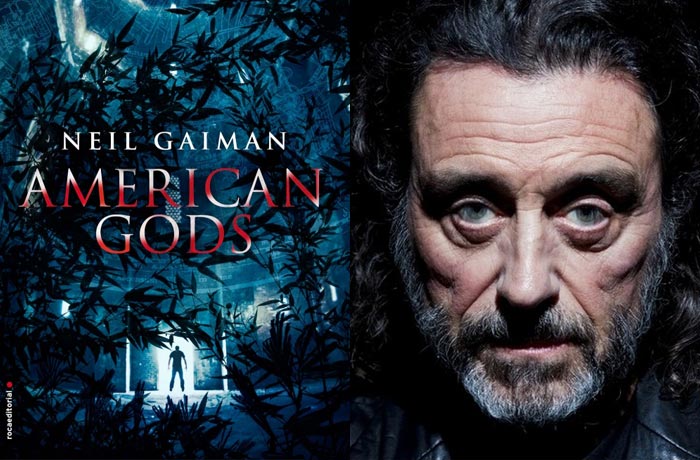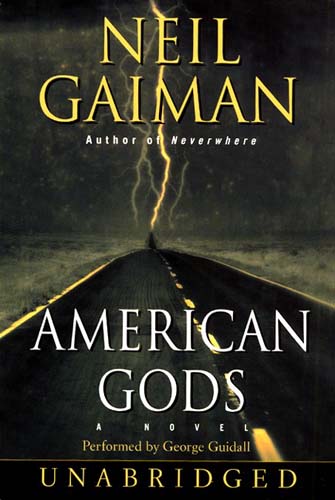
His wife Laura has been killed in a car accident, but she comes back from the dead not only to speak to him (this might happen in any novel with a grieving protagonist) but also to intervene in the plot. Meanwhile politely sinister men in black suits stalk him as he travels across the States. He is befriended by eccentric characters who appear and disappear at will, and have tasks for him that are never fully explained. From this meeting onwards, he is part of a plot that cheats probability.

In American Gods, you know you are in a fantasy novel when the protagonist, Shadow, finds that the stranger sitting next to him on a plane already knows his name and his history.

As a type of fiction for adults, the genre was invented in the 19th century: Dickens's A Christmas Carol has the logic of fantasy, but George MacDonald's Phantastes (1858) is probably the first example of a full-length fantasy novel, revealing to its Victorian protagonist a dangerous parallel world of "Faerie" adventures.Įver since, one type of fantasy has connected the familiar with the invisible. But essentially it is a knowing and erudite example of the genre that we have come to call "fantasy". Gaiman's novel has traits of the first and the last of these: the narrative seems headed to some future calamity, and contains an elaborate sub-plot of small-town horror. It is as if these genres were intimately connected ("Crime", the other dominant genre, is off in a room elsewhere).

W hat kind of novel is Neil Gaiman's American Gods? In large branches of Waterstone's there is a special room, segregated from the rest of contemporary fiction and labelled "Sci-Fi, Fantasy, Horror".


 0 kommentar(er)
0 kommentar(er)
